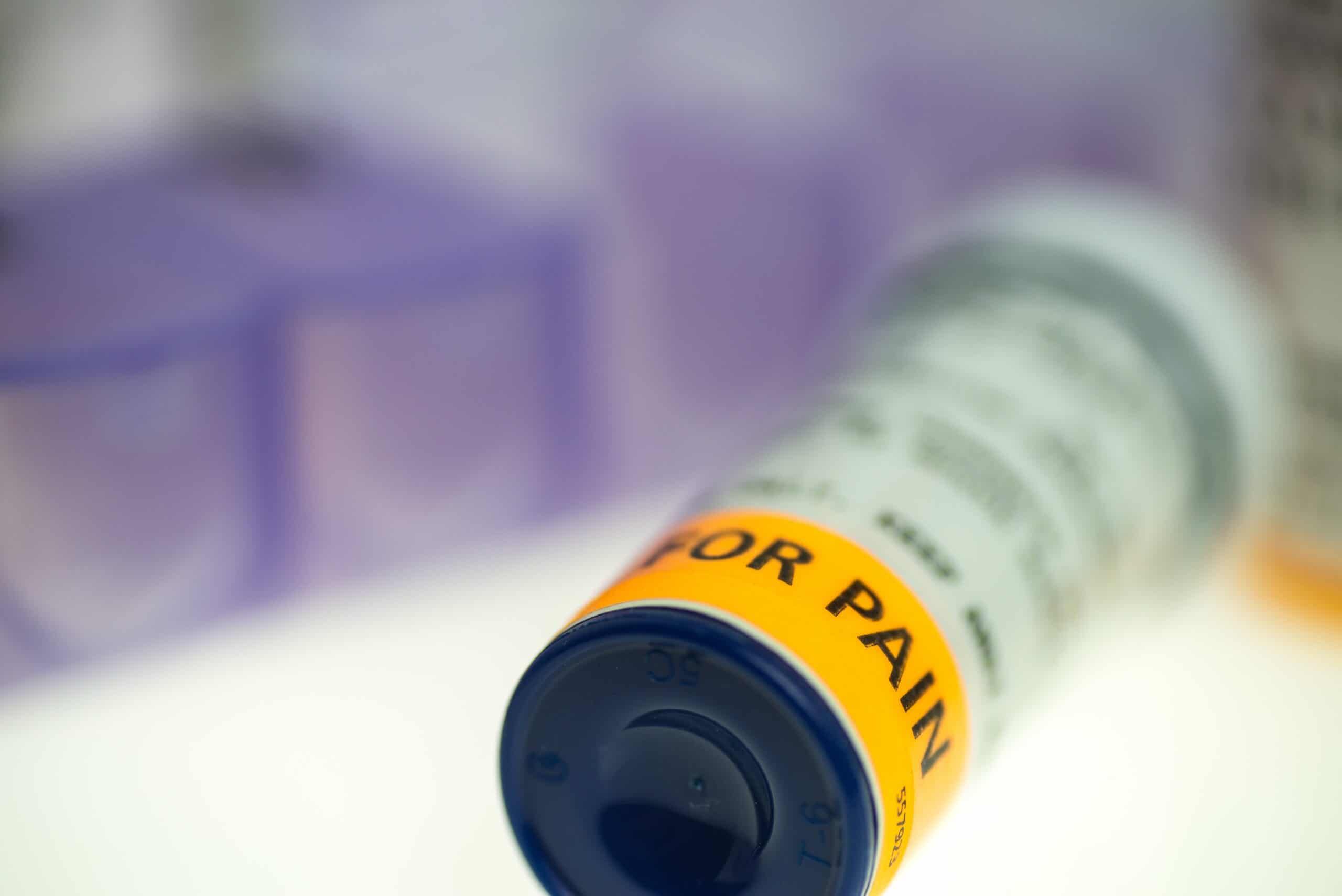How Does Trauma Informed Care Help Addiction?
Trauma can be devastating and lead to major changes in a person’s personality and makeup of their brain. Trauma-informed care can help. Someone who undergoes trauma-informed care and addiction counseling can learn positive ways of coping with traumas that are healthier than turning to drugs and alcohol. Often, those who are struggling with drugs and alcohol have experienced some form of trauma that contributes to their use of these substances. Getting the right kind of care can help treat addiction as well as begin healing traumas leading to addiction to substances like drugs and alcohol.
What is Trauma Informed Care?
As an approach in healthcare and social services, trauma-informed care recognizes the widespread impacts of trauma on individuals’ lives. Creating a safe supportive environment that takes into account the physical, emotional, and psychological effects of trauma, trauma-informed care can help those who have experienced traumas such as physical, emotional, or verbal abuse, as well as violence or sudden loss. Any form of trauma can shape the way a person behaves or reacts during certain situations.
Professionals who practice the trauma-informed care approach focus on the Four R’s. Realizing the impacts of trauma, recognizing signs of trauma, responding in a sensitive and emphatic manner, and resisting re-traumatizing a person by creating a safe and supportive environment for trauma processing. Trauma-informed care enables trauma survivors to regain control over their lives.
How Does Trauma Informed Care Help Addiction?
Many people who struggle with addiction have experienced some form of trauma throughout their lives. This trauma often leads to, or contributes, to their addiction in some fashion. Trauma-informed care and addiction recovery can go hand in hand. Addiction to drugs and alcohol as a result of trauma can be difficult to overcome. Especially if the person struggling doesn’t heal the traumas that lead to addiction to begin with. This will leave the door open to returning to using drugs and alcohol as a means of coping with the traumas. Trauma-informed care can help with this cycle. Healing traumas is crucial to sustaining long-term recovery in those that are struggling.
What are 3 Types of Trauma and How Does TIC Fix Them?
Many experiences can lead to trauma responses. However, there are three main forms of trauma that can affect a person and their ability to go about daily activities. These forms of trauma include acute, chronic, and complex traumas. Acute trauma is a result of a single incident such as a car accident, assault, or sudden loss of a loved one. Chronic trauma is a result of repeated or prolonged exposure to traumatic experiences. This can include domestic violence or abuse. Finally, complex trauma involves being exposed to multiple and varying traumatic experiences. This can include being a victim of domestic violence and sexual abuse. Any form of trauma can lead to mental health conditions like depression and anxiety, as well as contribute to substance abuse or addiction problems.
Trauma informed care can help those suffering with traumas to learn a positive way of healing and growing through the traumatic experiences. TIC allows a safe and empowering environment to help nurture and foster growth and healing in those who have experienced trauma in their lifetime. Trauma informed care and addiction recovery can be possible. All it takes is reaching out for help.
Trauma Treatment
Anyone who struggles with trauma can attest to its difficult nature. The impacts on a person’s life and overall well-being can be severe and contribute to changes in personality, mental health, and quality of life. Trauma treatment can help. Professional care is vital to helping a person heal the traumas that lead to and contribute to addiction to substances like drugs and alcohol. Often, a person recognizes there is a problem with their drug or alcohol use, and tries to stop on their own. Once the substances are removed, the trauma remains and they could easily slip back into the never-ending cycle of drinking or using drugs to cope with the traumatic experiences.
Seeking trauma-informed care and addiction recovery can help. Beginning to heal the traumas leading to addiction is vital for success. Learning positive and productive coping skills make a difference in the lives of those who are struggling with traumas. These skills can help someone choose a different path when it comes to coping with traumas.
Healing From Trauma
Suffering from trauma is a difficult undertaking for anyone who is experiencing it. The effects of trauma on different aspects of a person’s life can be devastating. The changes in personality, effects on mental health, and the impacts on interpersonal relationships can be severe and be harmful to the individual and their loved ones. There is help available. If you or a loved one are struggling with addiction influenced by trauma, Lexington Addiction Center can help. Our team of on staff professionals can help as you begin a journey to healing from trauma and addiction. Our personalized care plans can lay a foundation for a life of recovery. Call us today and begin your journey of healing.




